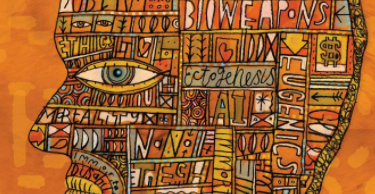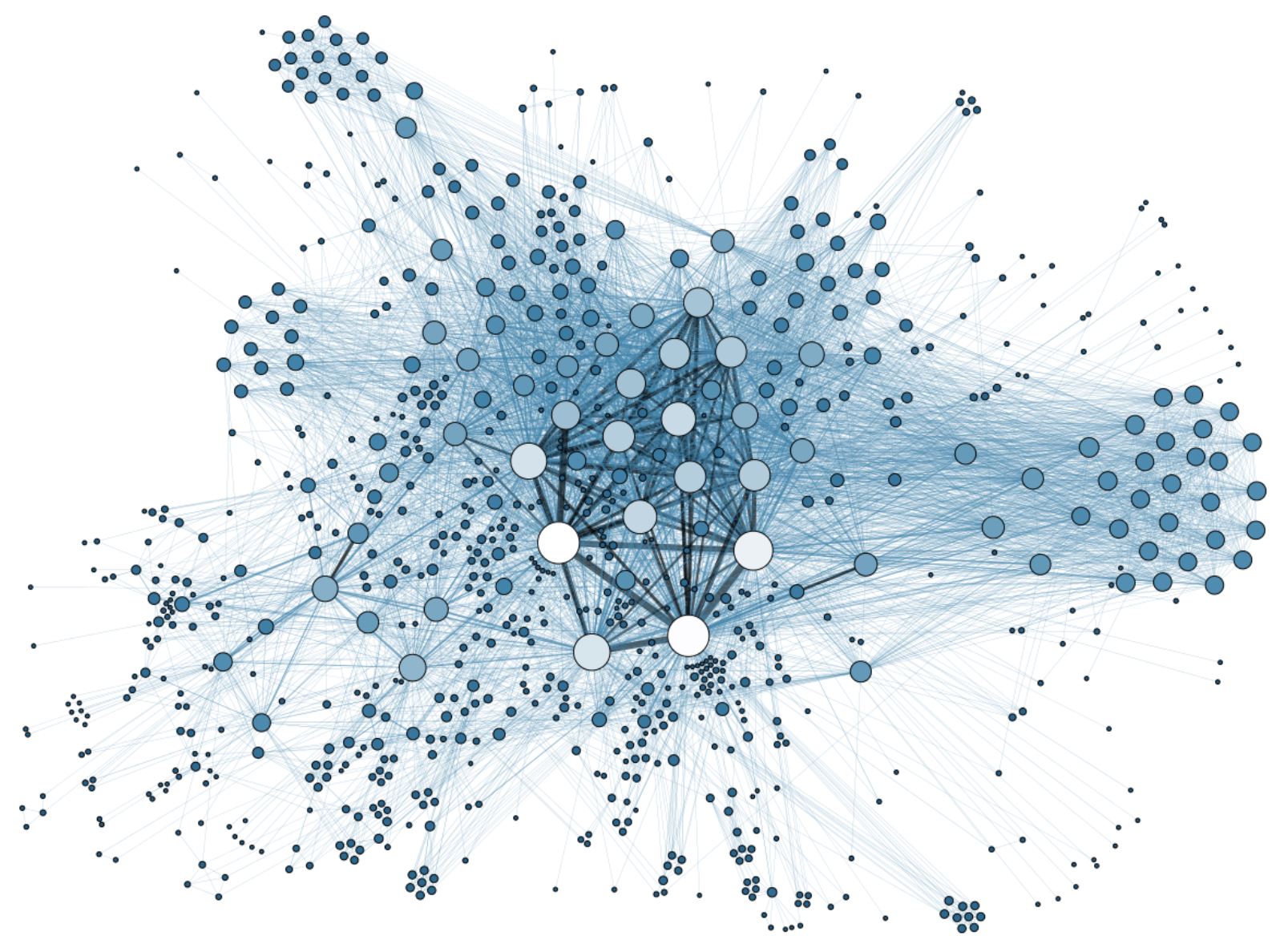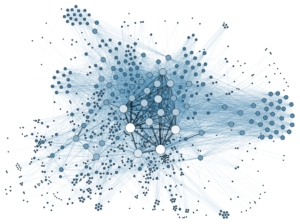Womb Transplants and Child-Centred Surrogacy
Julian Savulescu
Womb transplants are again in the news as Richard Paulson, president of the American Society for Reproductive Medicine (ASRM), said there was no reason to believe that the treatment could not work for transgender women at recent conference in Texas.
The ethical issues of performing a womb transplant for a transgender women are substantially the same as the issues facing ciswomen.
The most important ethical consideration in the UK for a womb transplant is distributive justice. Limited health care resources should not be used for womb transplants because there are more cost effective methods of assisted reproduction available. However if an individual wishes to use their own funds for such a procedure, they should be made aware of the risks (which are very significant), and the alternatives, such as surrogacy.
The best interests of the future child is another critical consideration. The moral status of the fetus is a topic of much debate. However, even if we consider abortion to be acceptable, and deny that the fetus has a moral status that accords it its own interests, in cases where the mother plans to carry the pregnancy to term, the fetus represents the future child who does of course have interests (albeit that they are to be weighed against the mother’s own interests, and that the mother is responsible for making decisions on their behalf).



